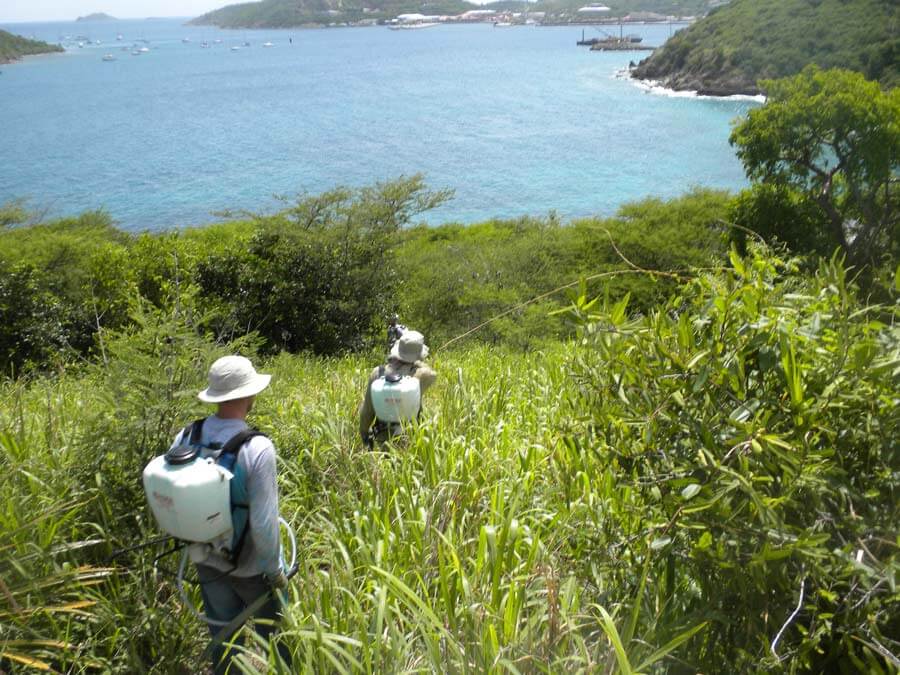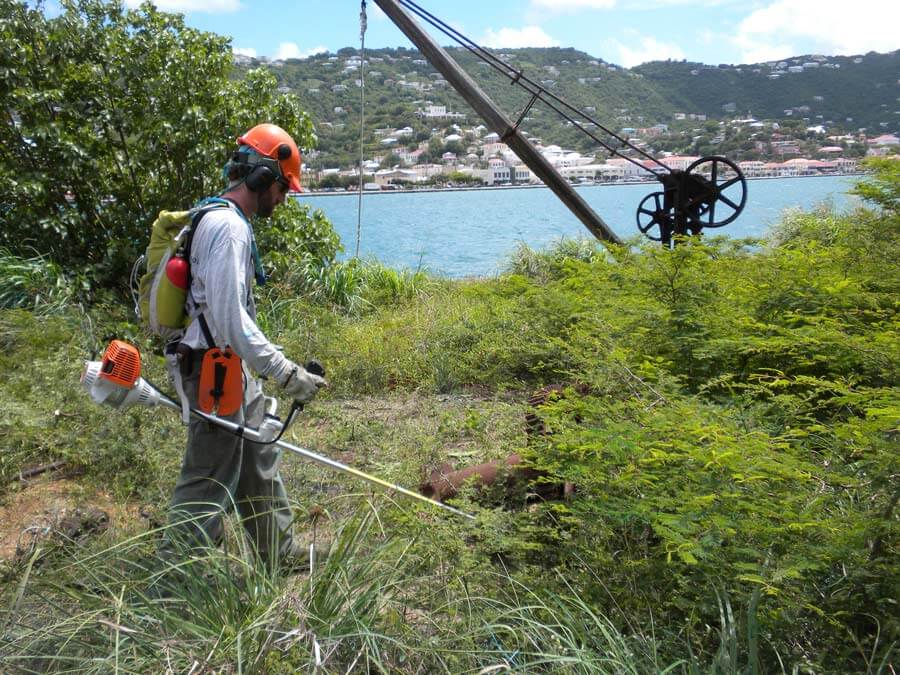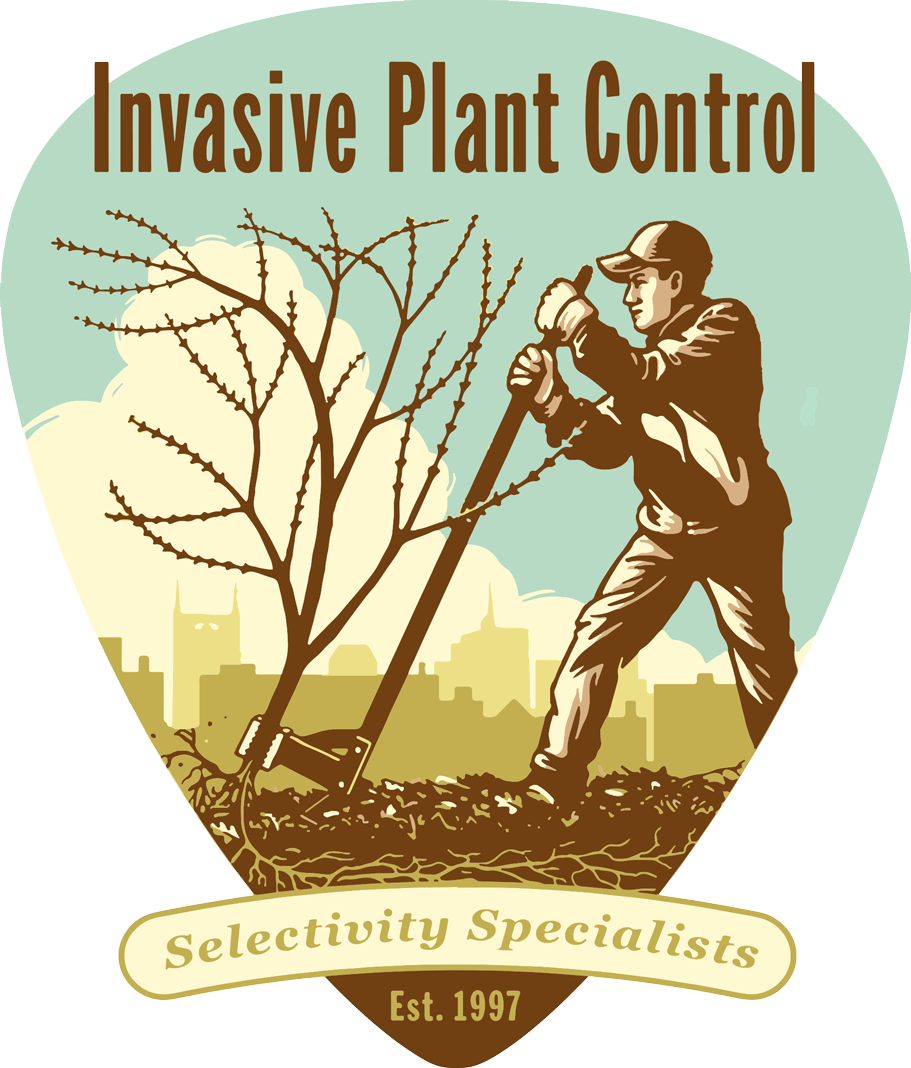Who We Are
Invasive Plant Control, Inc. was established in 1997 and has operated as an entity exclusively focused on the control of invasive species with projects ranging from the Virgin Islands to the hardwoods forests of northern Pennsylvania. In 2006, IPC began offering its consulting services globally with its first project in Tanzania, Africa designing and implementing a course on prevention of invasive species through ports of entry. IPC’s travel teams roam the United States targeting invasive species in fragile natural areas. Utilizing an Integrated Pest Management approach, IPC focuses on selectivity through proper timing and application methods. IPC also offers technologically advanced delineation, GPS/GIS & mapping of invasive species.
All IPC management plans and on the ground control projects have a strong emphasis on selectivity. Protection of desirable flora and fauna is of the utmost importance in all IPC projects.
Where Does IPC Work?
IPC’s headquarters is located in Nashville, TN; but because many natural areas are not centrally located in a large municipality, IPC. staff will travel to your site from anywhere in the country. A minor mobilization fee is charged at the beginning of each project. Once a project has been established, IPC will make as many annual visits to the site as necessary.
We work with a variety of clients
- Ranchers
- Farmers
- US Department of Agriculture
- National Park Service
- Universities
- Dept of Energy
- Large and small municipalities throughout the US
- State Parks
- The Nature Conservancy
- Dept of Defense
- Land Trusts
- Arboretums
- Large private land owners
- Small private landowner
Travel Teams
 IPC ground crews are made up entirely of travel teams. Crew members live throughout the United States and spend all of their time on the road controlling invasive pest plants. Most projects take from 1-4 weeks to complete. Since our beginning in 1997, IPC has been dedicated to the travel team concept and has become very efficient in managing such an operation. Our crews are equipped with all the equipment they need to make their constant commuting more easily.
IPC ground crews are made up entirely of travel teams. Crew members live throughout the United States and spend all of their time on the road controlling invasive pest plants. Most projects take from 1-4 weeks to complete. Since our beginning in 1997, IPC has been dedicated to the travel team concept and has become very efficient in managing such an operation. Our crews are equipped with all the equipment they need to make their constant commuting more easily.
Staff Experience
Currently, all permanent staff members have college degrees in a resource management related field. Our seasonal staff consists primarily of college interns or recent college graduates. It has been our goal to hire individuals who are either working towards or currently have a degree in a resource management related field. IPC feels that in order to manage highly sensitive natural areas, it is necessary to have staff ON-SITE that can differentiate between desirable and undesirable species. Our staff is confident making their own decisions and just as confident in conversing with the client.
Understanding the plants, seasonality for control and the effectiveness of control in different seasons allows our crews to effectively treat invasives throughout the year. During the winter, much of our work shifts to the southern states, usually south of Virginia. During the warmer season our crews begin to stretch further north. It is important for the crew to understand the change in control methods from one region to the next. The method that will work in Florida on Privet will not necessarily work the same in Tennessee or Vermont.

Exotic Pest Plant Council Involvement
IPC’s founders have been an integral part of the Exotic Pest Plant Council’s since 1991. EPPC’s are an excellent source for invasive plant management and gather many of the top minds in the field to discuss, research and disseminate information pertaining to the most up to date invasive plant management options. Steven Manning served as the newsletter editor for the SE-EPPCV for several years, was an editor for Wildland Weeds Magazine, served as the treasurer for NC-EPPC for 8 years, and is currently on the board of the Mid Atlantic EPPC as well as the NC-EPPC. Lee Patrick is currently the treasurer for SE-EPPC and has been involved with EPPC’s since the early 1990’s.
Preventative Strategies & Tools At Ports Of Entry
On behalf of the Global Invasive Species Programme, Invasive Plant Control, Inc. developed and conducted a week long invasive species training course for border officials in nine east African countries. The workshop was held in Dar es Salaam, Tanzania, in December, 2006. The training provides a comprehensive overview of invasive species issues, IAS management hierarchy (Prevention, Preclearance, Port of Entry Inspection and Clearance, Early Detection and Rapid Response, and Control), as well as general principles of pest exclusion at ports of entry. This training course is applicable to all ports of entry in the world and is an essential tool for educating key stakeholders in the prevention of invasive species. IPC will travel anywhere in the world to conduct this training. If interested, please contact Steven Manning at 615-969-1309 or invasives@icloud.com
